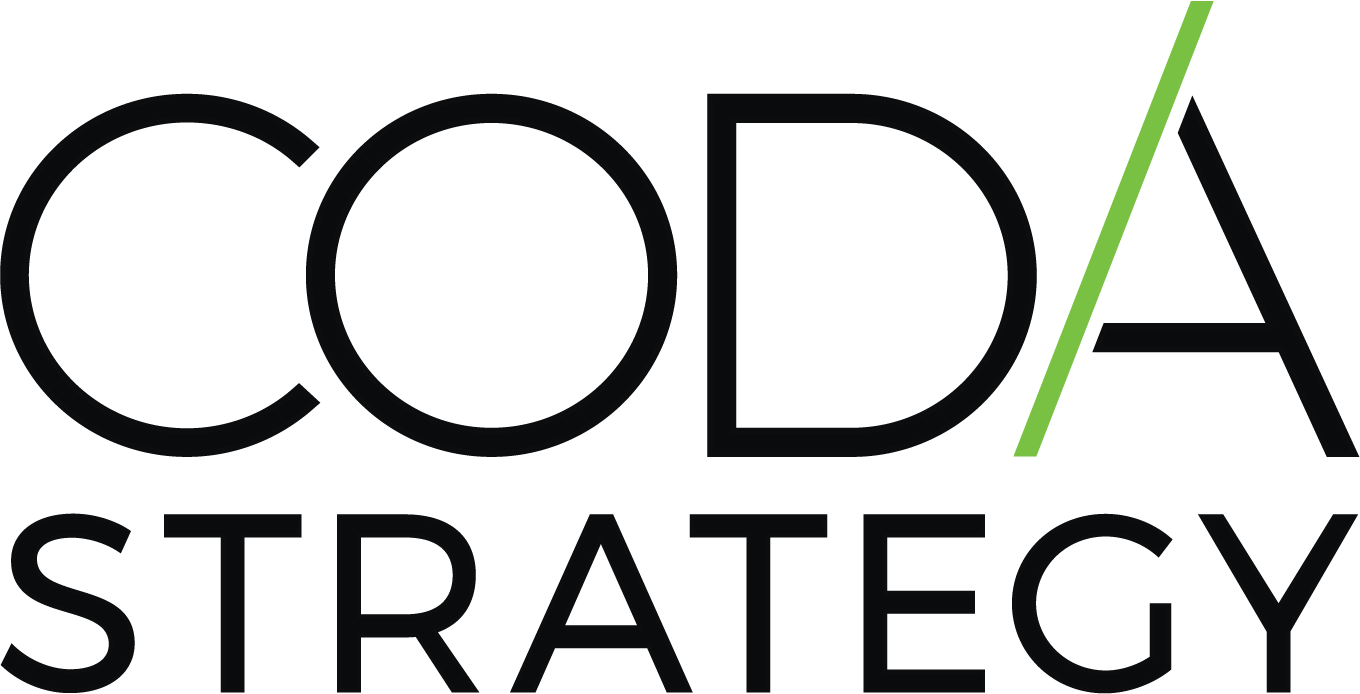Digital leadership is a hot topic in today’s business press.
First, there is copious research on the benefits of digital strategy for companies. They include better customer experiences, improved operations, and new business models. Those, in turn, lead to greater revenue and profitability.
Now, strong digital leadership is critical to digital transformation. For example, a joint MIT-Capgemini study found that companies with strong digital leadership are 26% more profitable than average, whereas those with weak digital leadership are 24% less profitable than average.
However, the benefits extend beyond the company to employees as well. Now, there is evidence that better digital leadership has the power to energize well-being.
So, what’s the connection?
Digital leadership in action
A few months ago, I was at a low point. Working with a client facing unprecedented uncertainty, I faced a world of choices — and frustration.
Searching for advice, I reached out to a mentor, Dave, who is one of the smartest people I know. Hearing me tell my tale, Dave shared his own story.
On one project, Dave worked with a key client who fought him every step of the way, over the course of a very long year.
When he wrapped up, the client pulled Dave aside and thanked him for his efforts. However, his client also regretted that he could have learned so much more from Dave, had he only taken the chance to listen.
“Right then, I knew that I never wanted to be that person,” Dave explained to me. “I never want to spend a year with someone without learning anything from them.”
“I would never just phone it in on a project out of frustration. In your situation, there is always something that you can learn from someone,” Dave concluded.
Dave knew that he couldn’t solve my problems for me, but he knew how to make me feel better about my situation. Playing the story in my mind, I’ve wondered why Dave was such an effective digital leader.
First, he was an accomplished leader in his field and a well-being champion in his practice. But equally important, he had an infectious enthusiasm for technology and systems implementation. Hence, he understood and connected with the technical challenges that I faced.
In other words, Dave had outstanding digital leadership: that killer combination of digital savvy and leadership skills. And it made him an amazing mentor as well.
The research on digital leadership
Now, as it turns out, there is evidence that better digital leaders may also experience better well-being.
In a recent study, a group of researchers studied the relationship between digital leadership and well-being. They surveyed 368 upper-level managers at a large Germany company. Participants had on average 11 years of managerial and were responsible for between 10 to 100 lower-level managers.
The researchers found that high digital leadership correlated with high psychological well-being. Moreover, over 20% of participants had levels of mental health at risk, indicating the pervasiveness of the problem. However, there was no correlation with gender, age, or amount of managerial experience. Digital leadership was the only statistically significant factor.
But why does higher digital leadership correlate with higher psychological well-being?
In another study, the same research group found that managers experience stress due to choice overload, rather than due to pressures from digitization itself. In other words, all those critical decisions that upper-level managers must make, from a myriad of options in a constantly evolving digital ecosystem, can be overwhelming. And that choice overload can reduce well-being.
Those with digital savvy and strong leadership skills may be more effective at making digital decisions. Those who lacked digital leadership skills may struggle with indecision, and that could affect their psychological well-being.
How do we stay one step ahead?
Now, well-being continues to grow in importance in the business press. The COVID-19 pandemic has had a worldwide impact on our well-being. Moreover, as industries continue to digitize, digital leadership will be more important than ever in the coming years.
Here are three ways that companies have bridged the gap.
Limit choice overload
If choice overload is a key predictor of psychological well-being, then it makes sense to limit the realm of possible digital choices. For example, an external consultant can offer best practices in technology selection and implementation.
Many companies choose to invite an independent expert with experience on leading practices from similar technology programs. Rather than asking your team to learn on the job, inviting an external expert can quickly narrow the realm of possibilities and chart the best path forward.
Create a digital training program
On the other hand, many companies have outstanding leaders in marketing, operations, finance, and HR, who could benefit from increasing their digital savvy. Thus, a firm-wide digital training program offers a great way to increase overall digital awareness.
For example, a manufacturing company decided to run digital training and Q&A sessions to all 50,000+ employees globally. The goal was to provide employees with a baseline knowledge of their digital offerings around cloud, cybersecurity, compliance, and the like. To make the content relevant, they developed the materials internally, and presented it to all levels within the organization globally. The result was a marked increase in digital knowledge throughout the company.
Develop the emotional intelligence of your technology leaders
Lastly, many companies also have passionate IT professionals who are technically savvy but lack the communication and leadership skills to drive their vision for digital transformation throughout the organization. A leadership development program for IT professionals is a great way to turn IT architects into digital leaders.
For example, Daniel Goleman has found that, for managers, emotional intelligence is twice as important as IQ and technical skills combined in determining success. Especially for IT professionals, leadership skills such as emotional intelligence become more important as individuals move up the ladder.
Takeaways for digital leadership
I’m grateful for the advice and mentorship that Dave has offered me over the years that I’ve known him. He has made me a better technologist, a better consultant, and a better leader. Most importantly, I have learned from Dave that it’s not enough just to have vision and passion in your job. You also need the leadership skills to make your team feel better about themselves in the process.







Digital Leaders Most Want Calmness And Skill To Motivate Others
April 29, 2022[…] has documented the benefits of better digital leadership. Those include increased profitability and better well-being. However, we still know little about what digital leaders want for […]
3 Proven Ways for a Digital Leader to Improve Well-being – Best Startup Texas
September 27, 2022[…] we can find more reliable recommendations from research on how better digital leadership can improve managers’ well-being. There are three pieces of advice for digital […]
3 Proven Ways for a Digital Leader to Improve Well-being
October 7, 2022[…] we can find more reliable recommendations from research on how better digital leadership can improve managers’ well-being. There are three pieces of advice for digital […]